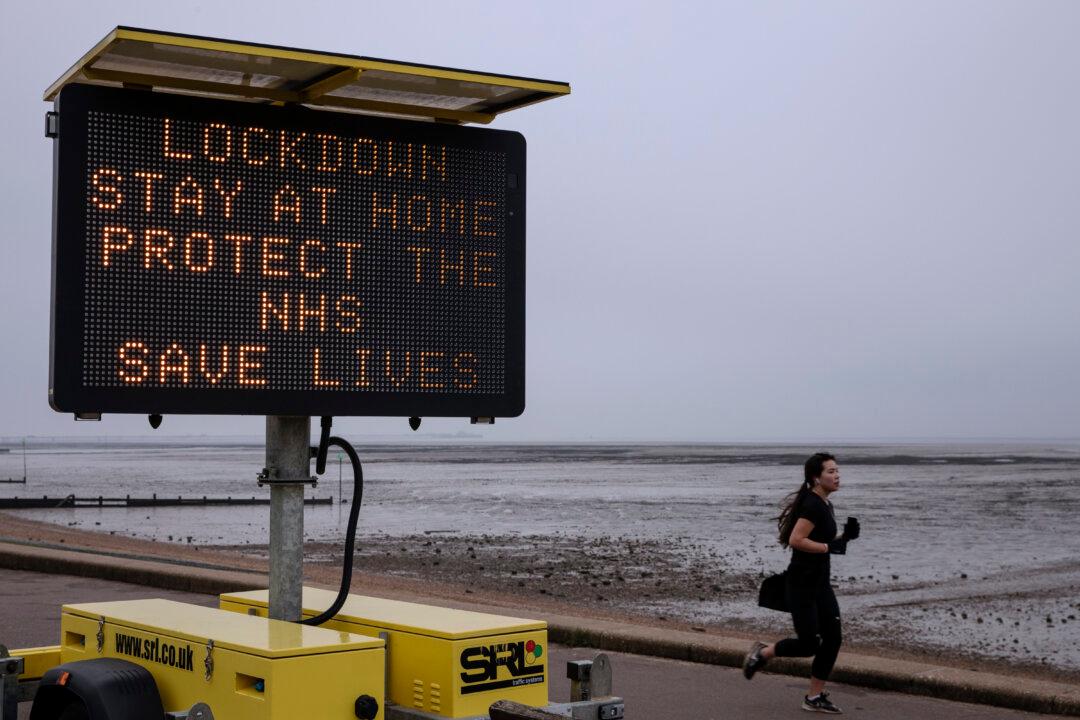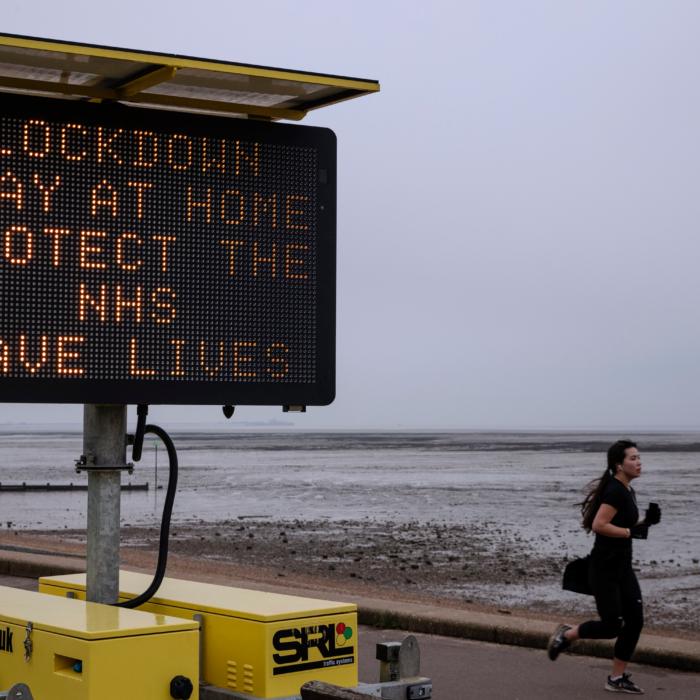The BBC created a “misleading” risk of COVID-19 to provide justification for lockdown during the pandemic, an adviser to the Scottish government has claimed.
Giving evidence to the UK COVID-19 Inquiry on Wednesday, Mark Woolhouse, professor of infectious disease epidemiology at the University of Edinburgh, said that the state broadcaster created a “misleading impression” of the risks of COVID-19 to the general population.
‘Misinformation’
“I consider that this applied to Scotland as it did to England,” he added.He said that he suspected this “misinformation was allowed to stand throughout 2020 because it provided a justification for locking down the entire population.”
He said that this view was supported by the Scientific Pandemic Influenza Group on Behaviour (SPI-B), which was one of the sub-committees that advised SAGE, which was tasked with advising the government about how to maximise the impact of its pandemic communications strategy.
He noted that an SPI-B briefing dated March 22, 2020, said that “a substantial number of people still do not feel sufficiently personally threatened; it could be that they are reassured by the low death rate in their demographic group ... the perceived level of personal threat needs to be increased among those who are complacent, using hard-hitting emotional messaging.”
Mr. Woolhouse said the “misperception” created by the BBC’s coverage was that “the general impression that we were all at risk.”
He said that this was a “misperception likely to be shared by policymakers too—was a barrier to targeting interventions at the vulnerable minority who truly were at high risk from COVID-19.”
“I fear that the Scottish government’s pandemic response was compromised as a result,” he added.
Mr. Woolhouse argues that the country incorrectly made excessively stringent restrictions instead of a “middle ground.”
“Regrettably, the middle ground combining protection and suppression in the knowledge that the better you did one the less you would need the other — was effectively abandoned throughout the pandemic, and not only in Scotland. In my view, this resulted both in avoidable deaths and unnecessary and overly prolonged lockdowns,” he said.
He added that supporting lockdown in 2020—2021 became what has been described as “a test of virtue.”
Profound Sense of Fear
Molly Kingsley, co-founder of UsforThem, told The Epoch Times it was “bittersweet” to hear the comments now.“It’s bittersweet to hear this now as that messaging never made it’s way to the BBC and authorities,” she said.
“Interventions were rolled out on the basis of that messaging, the whole idea we needed to stay in this very long lockdown with school closures and obviously also the vaccine rollout. And the government used this very profound sense of fear to roll out the vaccine under emergency use authorisation,” she said.
“We have to start asking what this means in terms of informed consent,” she added.







